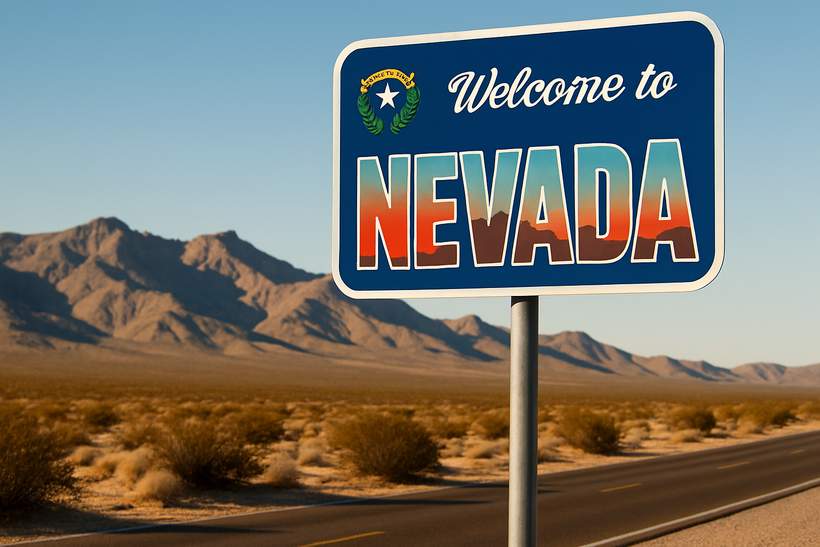Nevada Attorney General Calls for Stronger Measures Against Offshore Gambling

The Growing Problem of Offshore Gambling Impacting Nevada
Nevada’s Attorney General, Aaron Ford, has urged the US Department of Justice to intensify efforts to combat the offshore gambling market. This unregulated sector is significantly undermining the revenue of licensed gaming operators within the state.
Legal Challenges and Concerns Over Enforcement
Ford highlights that offshore gambling clearly violates the Unlawful Internet Gambling Enforcement Act (UIGEA), yet there appears to be hesitation or delay in law enforcement actions addressing this issue. This reluctance exacerbates the problem, allowing illegal operators to continue eroding the legal market’s share.
Extent of Illegal Gambling in the United States
Research on the scale of illegal gambling varies, but estimates reveal a substantial portion of gambling activity taking place offshore. The American Gaming Association estimates that approximately 40% of gambling activity occurs illegally, while independent studies suggest this figure may be as high as 70%. These figures demonstrate the significant impact on licensed operators and local economies.
Economic Impact on Nevada’s Gaming and Tourism Sectors
Amid these concerns, Nevada is facing declining tourism and casino performance. For example, Las Vegas saw an 11.3% drop in visitors in June 2025 compared to the previous year. This decline poses challenges for the state’s economy, which heavily depends on tourism and gaming revenue.
Current Business Responses and Economic Indicators
Although industry leaders remain optimistic, viewing these setbacks as temporary, many businesses are implementing precautionary measures. These include freezing new hires, postponing investment plans, and cautiously awaiting market recovery. Local hotels and resorts have also responded by eliminating resort fees and offering special promotions aimed at attracting residents.
Broader Context Affecting Tourism
Throughout the year, declines in convention attendance, hotel bookings, and passenger numbers have been recorded. Some attribute this decline to political factors, notably President Donald Trump’s polarizing approach, which has reportedly discouraged travel. Concerns about immigration enforcement actions, such as ICE raids, have further deterred visitors, especially those from vulnerable communities fearing detainment or deportation.